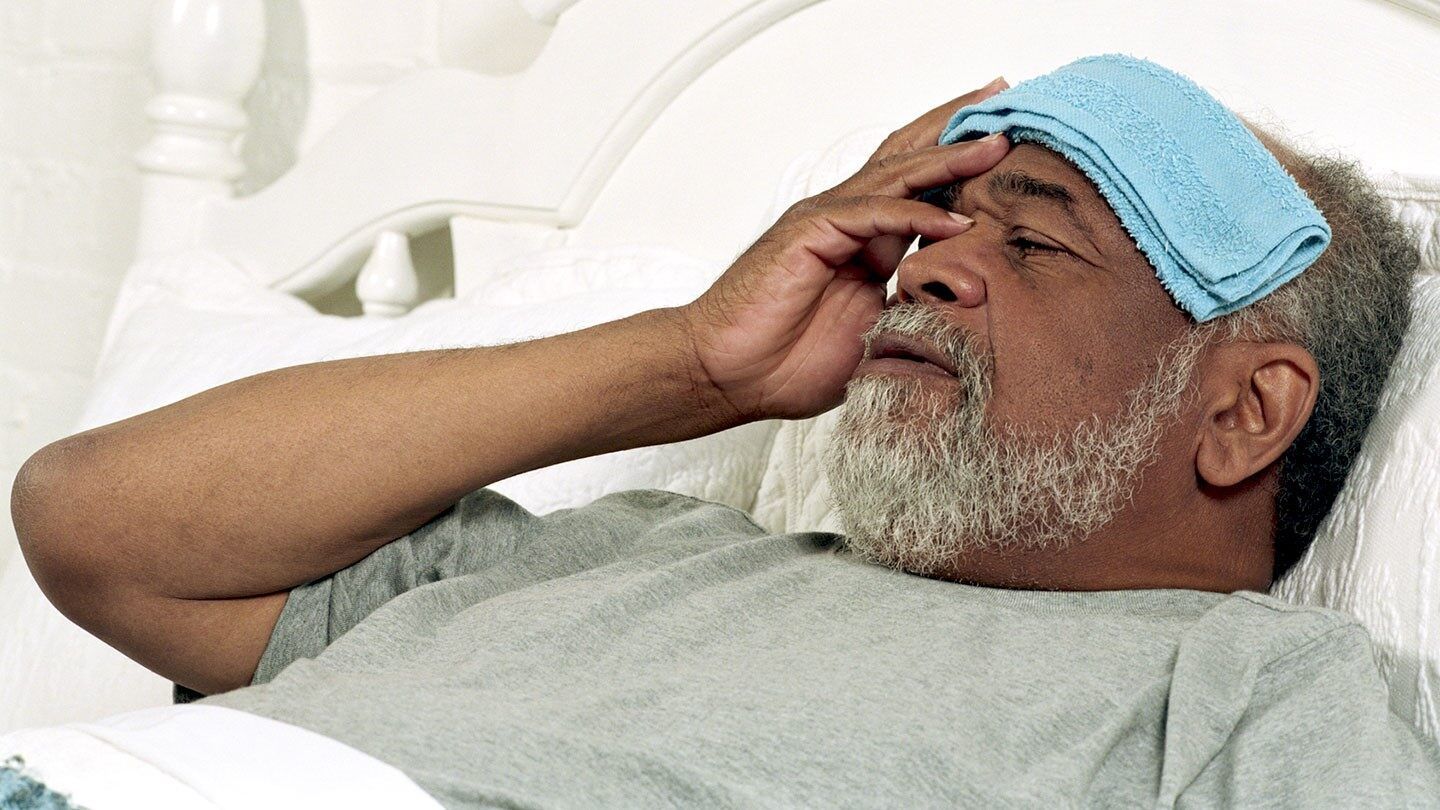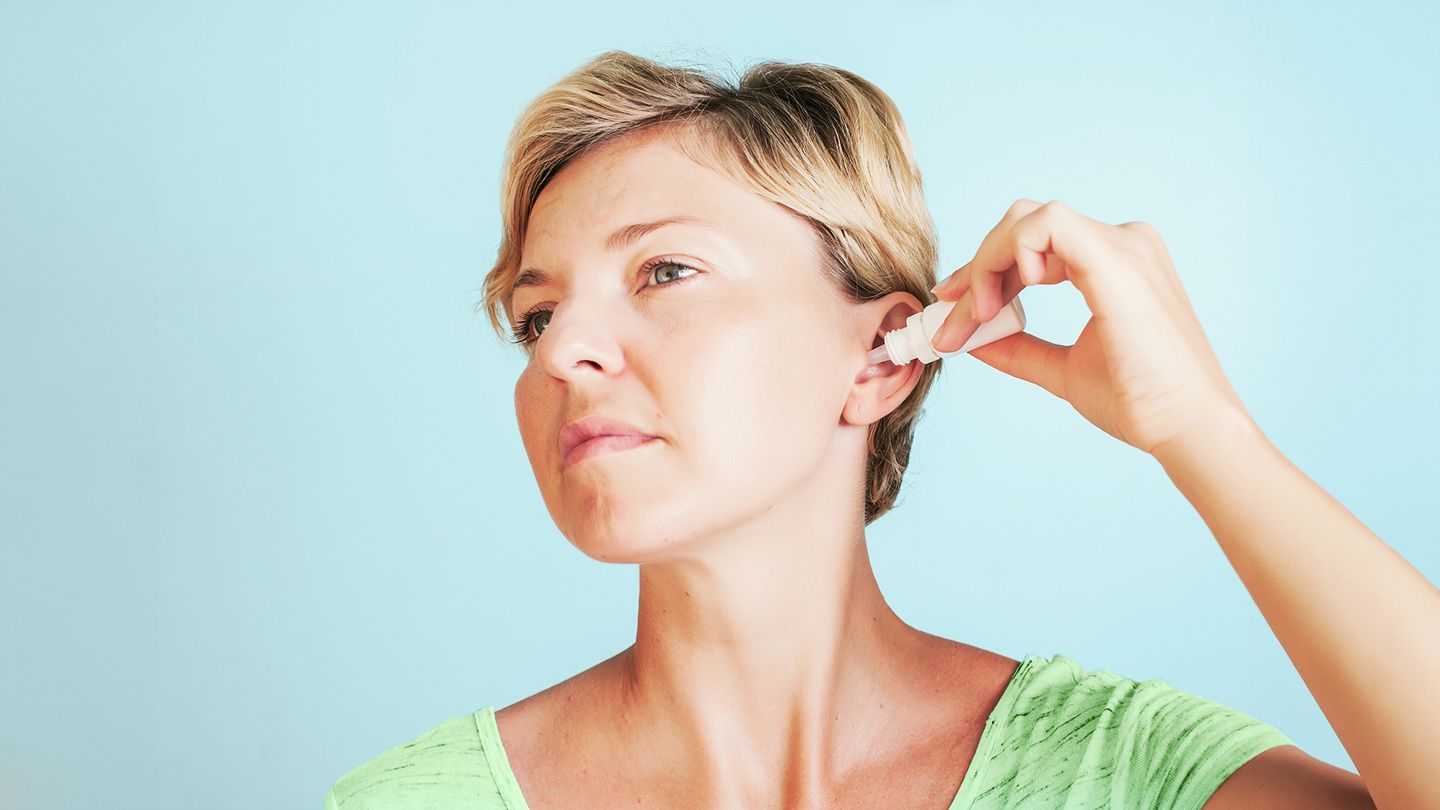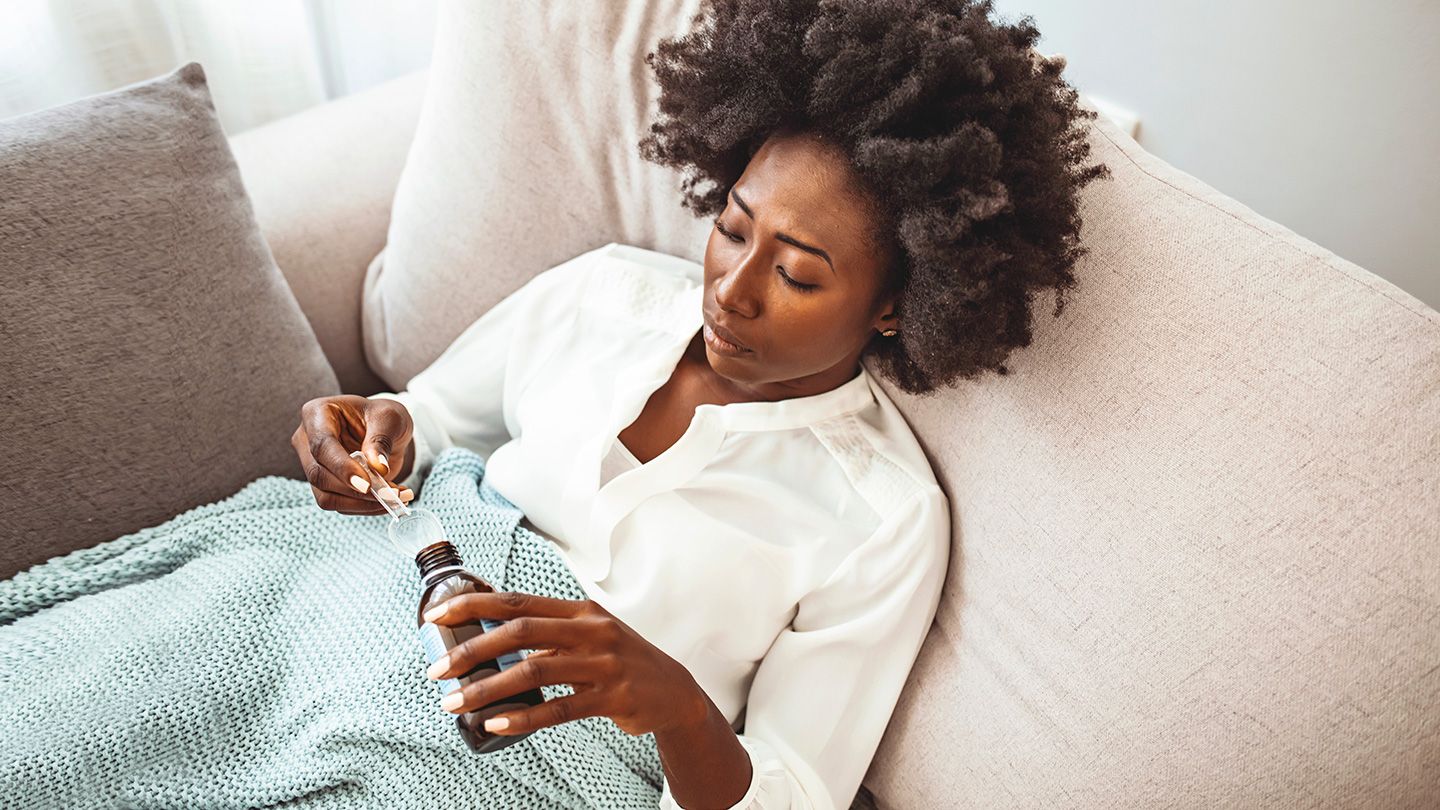The Debate Over Using Vicks VapoRub in Bathwater
Vicks VapoRub is a popular over-the-counter cough and cold medication that has been used for over 100 years. Its active ingredients like camphor, eucalyptus oil, and menthol can provide relief from congestion, coughs, and muscle aches when used as directed. However, some people choose to add Vicks VapoRub to their bathwater, believing it will amplify its effects.
Does Putting Vicks in Bathwater Work?
There is no evidence that adding Vicks VapoRub or other similar medicated balms to bathwater provides any additional therapeutic benefit. The vapors from these products are not likely to permeate the water in high enough concentrations to make a difference.
While some anecdotal reports indicate that adding Vicks to bathwater helps clear nasal congestion and soothe sore muscles, no studies confirm these benefits. Any relief felt is likely psychological rather than physiological.
Dangers of Putting Vicks in Bathwater
More concerning are the potential dangers of adding Vicks VapoRub or products with similar ingredients like camphor, menthol, and eucalyptus oil to bathwater, especially for children.
The FDA specifically warns against this practice for children under 2 years old due to the risk of breathing difficulties from inhaling camphor vapors. Camphor is absorbed more easily via warm bathwater and can reach toxic levels in infants and toddlers in this scenario.
Is Camphor Safe?
The safety of camphor even in adults is controversial when used incorrectly. The FDA bans camphor as an active ingredient in over-the-counter medications but allows its use in small concentrations in external products like Vicks VapoRub.
Studies on camphor show it can be toxic to the liver in high concentrations. There are documented cases of seizures and even death from ingesting camphor mistakenly or using it excessively on the skin.
Other Vicks VapoRub Health Concerns
Several other key ingredients in Vicks VapoRub have been studied for adverse health effects as well:
- Menthol - Can cause breathing problems, coughing, and choking in infants and toddlers when inhaled or ingested.
- Eucalyptus Oil - Linked to seizures and nausea when used incorrectly.
- Turpentine Oil - Can be toxic to the kidneys and liver; banned as an ingested medicine.
The bottom line is that while these ingredients seem harmless in small doses on the skin or inhaled from the container, using Vicks VapoRub or its generic equivalents in a hot bath increases absorption through the skin and vapors inhaled, raising toxicity risks.
Using Vicks VapoRub Safely
When used as directed on the packaging, Vicks VapoRub presents minimal safety concerns for older children, teens, and adults. However, it should never be used in or around the bathtub due to increased risk of adverse effects.
Safe Uses of Vicks VapoRub
To use Vicks VapoRub safely and effectively:
- Apply only to the chest or neck area
- Use only a thin layer on skin
- Keep away from nostrils and mouth
- Wash hands after application
- Keep out reach of children
For congestion relief from colds or flu, carefully inhale vapors from a open container held several inches from the face. Do not leave it open around infants or toddlers.
Seeking Medical Care
Discontinue use of Vicks VapoRub and seek emergency medical care right away if you or a child experience:
- Breathing problems
- Wheezing, choking, or coughing fits
- Racing heart rate
- Seizures
- Nausea, vomiting, or diarrhea
These can signal toxic levels of camphor, menthol, eucalyptus oil or other ingredients being absorbed into the body from excessive use.
The Bottom Line
While the manufacturer does not advise putting Vicks VapoRub in bathwater, many people continue this practice believing it amplifies its decongestant and analgesic effects. However, research does not support improved benefits with this method.
More importantly, adding Vicks VapoRub or any product containing camphor, menthol, eucalyptus oil to a hot bath increases the risk of toxicity and dangerous side effects, especially in infants and young children due to inhalation of vapors and absorption through the skin.
For adults and older children, Vicks VapoRub carries little risk when used sparingly on the skin as directed on the package. But putting it in bathwater to inhale more vapors is an unnecessary risk. Talk to your doctor about safer ways to treat colds, coughs, and congestion.
FAQs
Is it safe to use Vicks VapoRub in the bath?
No, it is not considered safe to add Vicks VapoRub or other similar medicated balms to bathwater. The vapors can be toxic if inhaled, especially for infants and toddlers. Absorption through the skin also increases, raising the potential for dangerous side effects.
Why is putting Vicks in bathwater dangerous?
Hot bathwater enables easier absorption of ingredients like camphor and menthol through the skin. It also amplifies the amount of medicated vapors released into the air. This increases the risk of breathing problems, seizures, nausea, and other drug toxicity issues.
Can adults use Vicks VapoRub in bathwater safely?
While adults are less vulnerable than young children, it is still not recommended. The risks outweigh any proposed benefits. The FDA specifically advises against using Vicks or similar products in steamy bathrooms while bathing due to toxicity concerns when inhaled in high concentrations.
What's the safest way to use Vicks VapoRub?
Use only as directed - apply sparingly to chest and neck area, keep away from nose and mouth, wash hands after application and never use with children under 2 years old. Do not heat in a bowl of water or diffuse into the air in closed spaces like a bathroom.
Disclaimer: This article is for informational purposes only and does not constitute medical advice. Always consult with a healthcare professional before starting any new treatment regimen.
Related Coverage
Is it safe to use Flonase and NyQuil together for a stuffy nose? Get the facts on combining these medications and learn other fast ways to relieve congestion....
Learn how drinking ginger, chamomile, peppermint and green tea can provide natural relief for painful sinus headaches. Discover tips for drainage, reducing inflammation....
Can you take Alka-Seltzer Plus and Mucinex at the same time for cold and flu relief? Find out about safety concerns like acetaminophen overdose and decongestant interactions....
Essential oils flu relief guide: safe application tips and the science behind their antiviral and anti‑inflammatory effects....
Taking ibuprofen together with Dayquil can exceed the daily acetaminophen limit and lead to liver damage. Learn safe alternatives for cold symptom relief....
DayQuil can temporarily relieve a sore throat caused by a cold or flu. Its combination of pain relief, cough suppression, and decongestion provides short-term symptom relief....
Ear pain has many causes including infections, swimmer's ear, TMJ and more. Learn the symptoms of ear infections and how to treat and prevent them properly....
Soothe sore throat irritation fast with at-home remedies like saltwater gargles, throat lozenges, honey, tea and OTC meds. Tips to ease throat pain quickly overnight....
Tamiflu side effects include nausea, dizziness, headache, and rare reactions. Get tips to ease symptoms and when to call doctor....
Vicks Flu Therapy tea containing honey, zinc and echinacea is a natural remedy that can help prevent and treat cold and flu symptoms....








